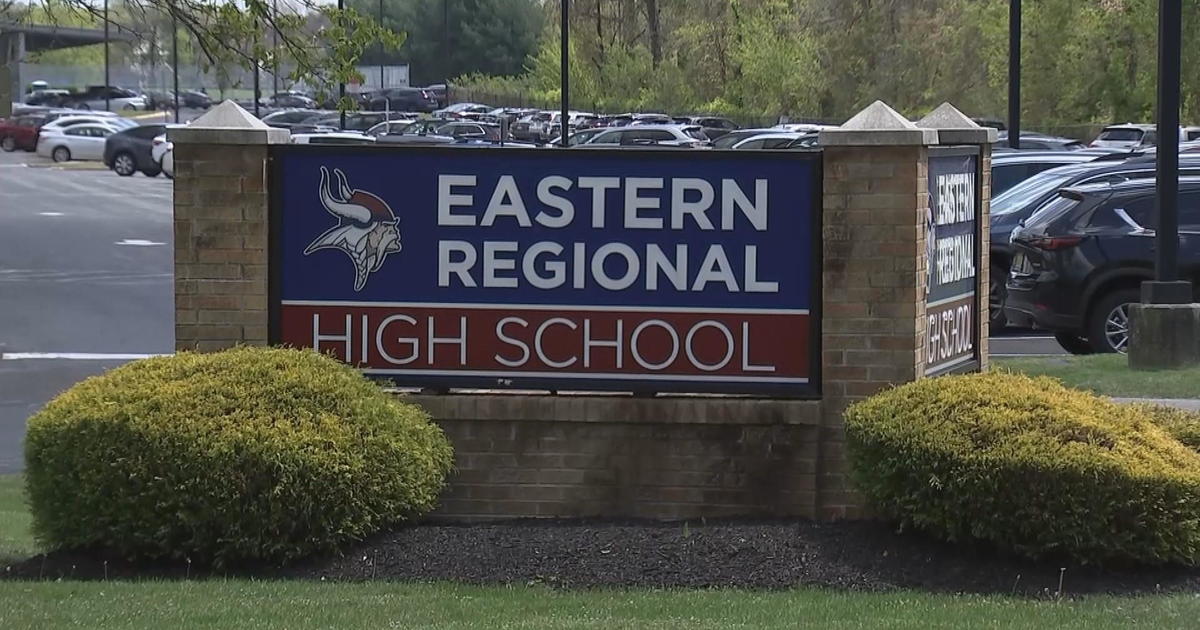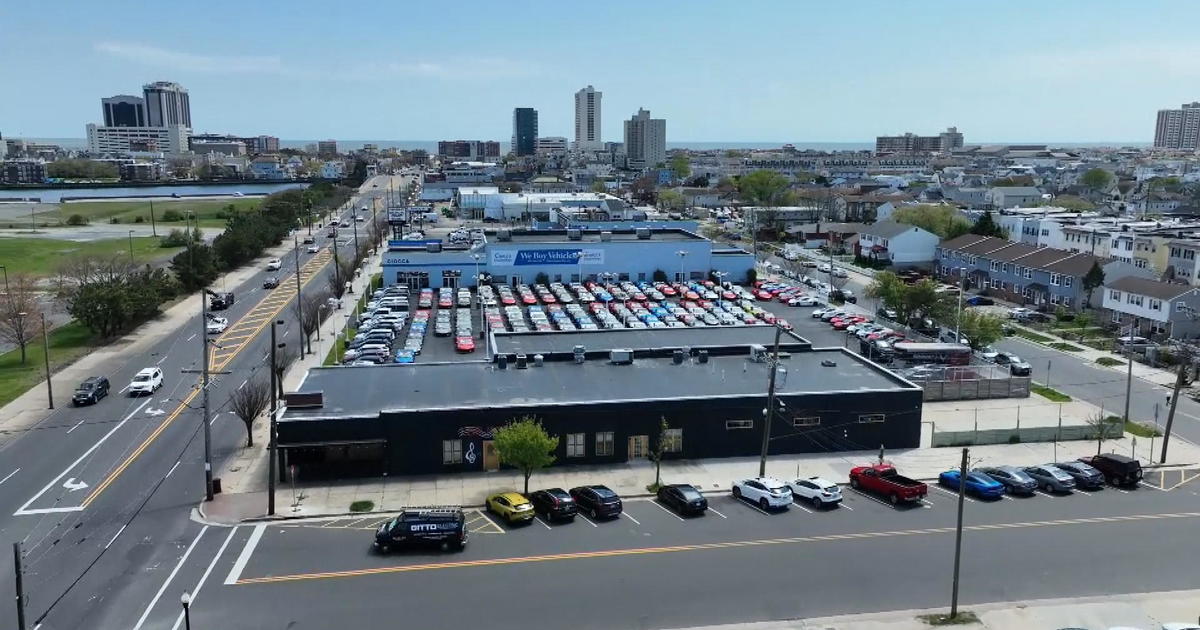NJ Senate Weighing Defying Governor Over Marijuana
TRENTON, N.J. (AP) -- New Jersey's state Senate is considering defying Gov. Chris Christie over his plans to regulate medical marijuana more strictly than lawmakers say they envisioned when they voted to allow pot for some patients.
A vote on a resolution to declare the regulations not fulfilling the lawmakers' intent and force the undoing of some of the Republican governor's proposed rules is scheduled for Monday. Sen. Steve Sweeney, president of the Democrat-controlled Senate, said it has the votes to pass.
Sweeney, a Democrat from West Deptford, says Christie seems to be trying to use the state's regulatory process to undermine a law he doesn't like.
"People who didn't vote for medical marijuana are supporting this," Sweeney said. "It's about defiance of recognition of the intent of the law that was passed. Is the governor going to go back and change other laws?"
The Senate scheduled a vote on the bill last month but scratched it when it was clear it would have failed. Since then, one Democratic senator has returned from a vacation and another has been sworn in following a special election to fill a vacancy.
The Assembly, also controlled by Democrats, passed the measure last month. But since then, Christie and Reed Gusciora, a Democrat from Princeton who was the Assembly's chief sponsor of the medical cannabis law, announced a deal to change some of the proposed regulations.
"We think it's time to move the program forward, and we've offered a bipartisan solution to do that," Christie spokesman Michael Drewniak said in an e-mail Friday. "Let's not waste any more time; let's get the program moving."
Christie supports medical marijuana, but says the law signed hours before he took office didn't do enough to prevent recreational smokers from taking advantage of it.
Gusciora says the compromise with the governor is imperfect, but it will allow patients legal access to marijuana by next summer. Forcing a rewrite of the rules will delay access, he says. Patients with conditions like multiple sclerosis and glaucoma say marijuana can ease pain and nausea.
The governor says the regulations would keep marijuana intended for patients from being used recreationally -- which he says is a problem in California and Colorado.
But state Sen. Nicholas Scutari and other advocates say the rules are still so restrictive that patients who need marijuana might continue buying it from illegal dealers.
"The governor's amendments to the regulations do not eliminate significant barriers to patients," said Scutari, a Democrat from Linden.
He said he'd welcome a new compromise where Christie would make more meaningful concessions.
In his deal with Gusciora, Christie agreed to allow six alternative treatment centers to both grow and distribute the medical marijuana. He had wanted only two growers and four distribution centers.
He also said that terminally ill patients would not need to prove they've exhausted other treatments before being allowed marijuana.
Both concessions from the governor brought his proposed regulations more in line with the law to allow medical marijuana -- but he didn't give in on other provisions that advocates don't like.
"Only in New Jersey could you call following the law a compromise," Chris Goldstein, of the Coalition for Medical Marijuana of New Jersey.
Among the areas where Christie wouldn't budge is a rules that hasn't been tried in any of the 13 other states that allow medical marijuana: Limiting the drug's potency.
State Health Department officials say one study from the University of Mississippi showed that pot with limited potency can ease patients' symptoms. In that federally funded program, patients get almost 9 ounces per month of the drug. New Jersey law calls for them to get no more than 2 ounces per month. Goldstein says New Jersey patients would not get enough of the natural chemicals in marijuana to ease their conditions under the regulations.
Christie's deal with Gusciora also took away one part of the rules that activists liked, a provision for home delivery.
The original proposed regulations would have required all the treatment centers to offer it; the compromise version bans delivery.
The Association of Safe Access Providers, a group of more than a dozen people who would like to run treatment centers, collaborated on a response to the proposed rules and said the fledgling business should be able to choose whether they would offer delivery -- and not have the government make the decision for them.
(© 2010 The Associated Press. All Rights Reserved. This material may not be published, broadcast, rewritten, or redistributed)



